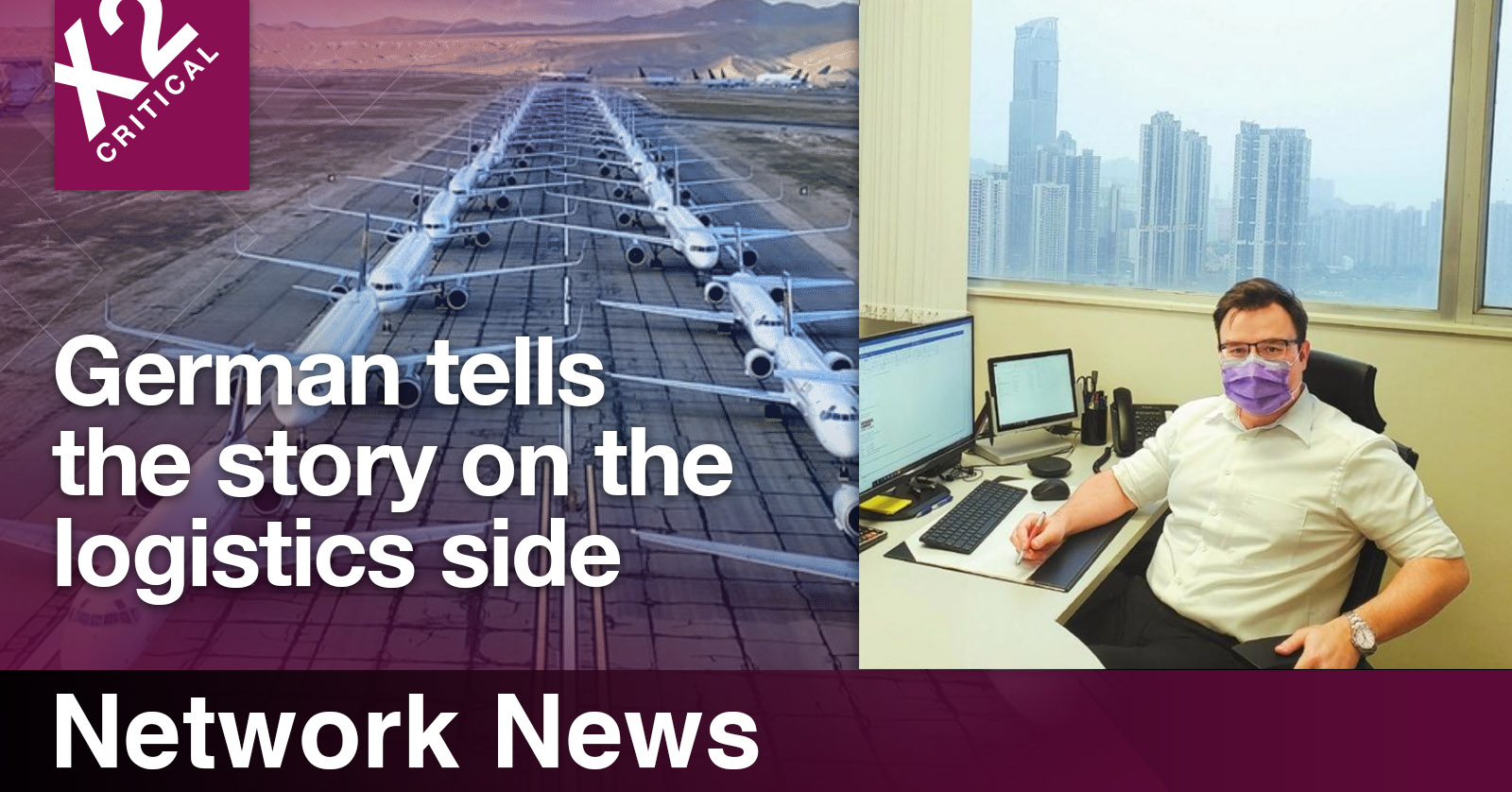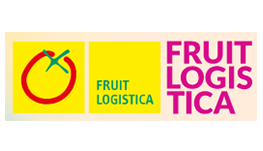German Tells The Story On The Logistics Side


Stefan Schwarzenberg in his office in Hong Kong on Friday. Courtesy of Schwarzenberg
Many sectors have been hit by the COVID-19 and so has the logistics industry but in a different way. Thirty-two-year-old Stefan Schwarzenberg from Germany, managing director of the Hong Kong and Shenzhen-based international logistics company General Cargo Asia, shares his experience with Shenzhen Daily.
Born into the supply chain miracle of China, the German company that Schwarzenberg works for offers global air, sea, rail, warehouse, and distribution services, with 70 percent of its business focusing on shipping between Europe (mainly Germany) and Asia.
“This pandemic was and is one of the biggest challenges for me and the company. For the organization as a whole, we kept working the entire time although our Shenzhen office had to close for a period,” Schwarzenberg told Shenzhen Daily. Now that everything is getting back to normal, he feels more than grateful to his staff for their support and impressive, deep-rooted can-do spirit during this difficult time.
Schwarzenberg said that lockdowns in major markets such as Europe and America have crimped the demand for goods and threatened to disrupt global supply chains. As a result, the company has seen a decline in freight demand for industrial commodities, while at the same time experienced a huge demand for protective equipment and medical relief goods.
With the borders of most countries closed and the collapse of global travel demand, the company has seen difficulties, especially in the air freight industry, which witnessed a tremendous imbalance between supply and demand.
“For example, previously, most freight was transported in the belly of scheduled passenger aircraft, but with commercial air traffic basically coming to a halt, we were left with no option but freighter aircraft. At the same time the demand for export of goods has reached peak levels because the most medical protective gear is manufactured in China,” said Schwarzenberg.
As a result, freight rates have reached record levels and available cargo capacity has become a rare encounter. “Air freight is heavily impacted by this capacity shortage leading to tremendous cost increases, while sea and rail freight has become increasingly interesting options for cost-sensitive commodities,” said Schwarzenberg.
According to Schwarzenberg, regular industrial exports such as machinery parts and automotive components to Europe have declined because many companies there have to shut down temporarily, while the logistical demand for e-commerce and medical equipment has increased. So far, the company can offset declines in some sectors with increases in others.
“It is a difficult situation for everybody, but certainly nothing to give up on,” the managing director said, adding that they will keep flying urgently needed goods together with their airline partners even if it means they need to charter dedicated freighter service.
Regardless of the current difficulties, he and the company are optimistic for the mid- and long-term future and believe there will be an increase in demand for their services here at the heart of Asia. “With every difficulty also comes an opportunity,” he said.
“But the first priority, though, shall be to fight that virus together and recognize the situation for what it really is: a global event that can only be solved by a strong and united global response,” Schwarzenberg added.
Member Testimonials
Our Partners
X2 Conference
Our special networking event is about smart freight forwarders coming together to grow and develop business within the group by providing an opportunity for all members to gather in one place to form and extend personal relationships.
- 1
- 2
- 3
- 4
- 5
- 6
- 7
- 8
- 9
- 10
- 11
- 12

NEW YORK
- 1
- 2
- 3
- 4
- 5
- 6
- 7
- 8
- 9
- 10
- 11
- 12

sao paulo
- 1
- 2
- 3
- 4
- 5
- 6
- 7
- 8
- 9
- 10
- 11
- 12

london
- 1
- 2
- 3
- 4
- 5
- 6
- 7
- 8
- 9
- 10
- 11
- 12

dubai
- 1
- 2
- 3
- 4
- 5
- 6
- 7
- 8
- 9
- 10
- 11
- 12

bangkok
- 1
- 2
- 3
- 4
- 5
- 6
- 7
- 8
- 9
- 10
- 11
- 12

hong kong
- 1
- 2
- 3
- 4
- 5
- 6
- 7
- 8
- 9
- 10
- 11
- 12

tokyo
- 1
- 2
- 3
- 4
- 5
- 6
- 7
- 8
- 9
- 10
- 11
- 12

sydney
Book a Discovery Call with our Network Development Managers
Got questions or want to explore new opportunities within our networks? Schedule a one on one meeting with our Network Development Managers.


























.jpg)








































